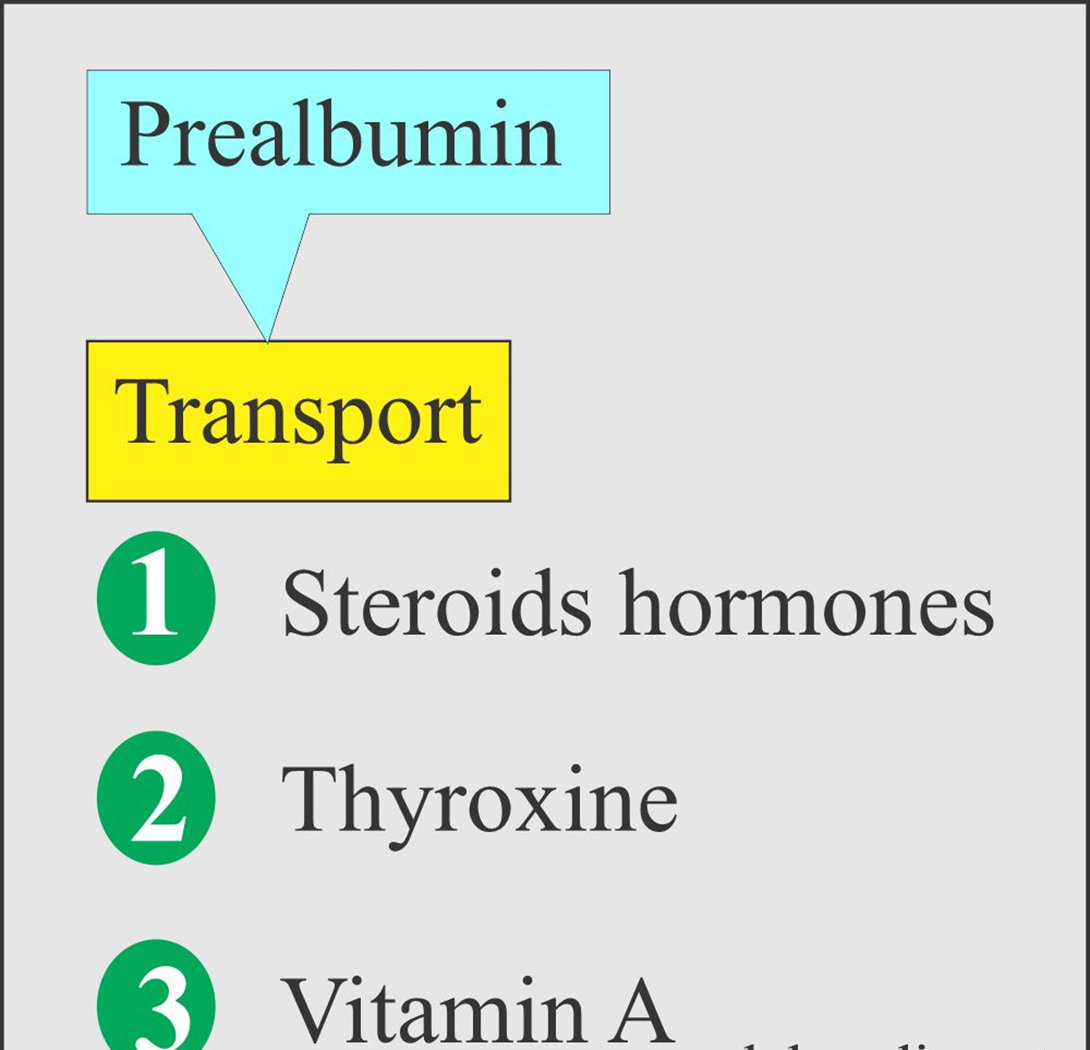A nurse is providing nutritional counseling to a client who has heart disease. The nurse should identify that which of the following client statements demonstrates an understanding of the teaching?
"I should use butter for cooking vegetables."
"I will choose whole grain bread."
"I should decrease my sodium intake to 3.2 grams per day."
"I will eat chicken with the skin."
The Correct Answer is B
Choice A reason: "I should use butter for cooking vegetables." is not a correct statement, as butter is high in saturated fat and cholesterol, which can increase the risk of heart disease. The nurse should advise the client to use unsaturated oils, such as olive or canola oil, for cooking vegetables.
Choice B reason: "I will choose whole grain bread." is a correct statement, as whole grains are rich in fiber, antioxidants, and phytochemicals, which can lower the risk of heart disease. The nurse should encourage the client to choose whole grain bread over refined bread, and to consume at least three servings of whole grains per day.
Choice C reason: "I should decrease my sodium intake to 3.2 grams per day." is not a correct statement, as 3.2 grams of sodium is equivalent to 8 grams of salt, which is above the recommended limit of 6 grams of salt per day for adults. The nurse should instruct the client to reduce their sodium intake to less than 2.3 grams per day, or 1.5 grams per day if they have high blood pressure, and to avoid processed foods, canned foods, and table salt.
Choice D reason: "I will eat chicken with the skin." is not a correct statement, as chicken skin is high in saturated fat and cholesterol, which can increase the risk of heart disease. The nurse should suggest the client to remove the skin from chicken before eating, and to choose lean cuts of poultry, fish, or meat.
Nursing Test Bank
Naxlex Comprehensive Predictor Exams
Related Questions
Correct Answer is A
Explanation
Choice A reason: Prealbumin is a protein that is synthesized by the liver and reflects the current nutritional status of the client. It has a short half-life of 2 to 3 days, which makes it a sensitive indicator of changes in protein intake. Prealbumin levels are decreased in clients who are malnourished or have inflammation, infection, or liver disease. The nurse should monitor the prealbumin levels of the client who is receiving total parenteral nutrition to ensure that they are within the normal range of 15 to 36 mg/dL.
Choice B reason: Folic acid is a water-soluble vitamin that is involved in DNA synthesis, cell division, and red blood cell production. Folic acid levels are decreased in clients who have malabsorption, alcoholism, or certain medications, such as methotrexate or phenytoin. The nurse should assess the folic acid levels of the client who is receiving total parenteral nutrition, but it is not the priority test to confirm adequate nutrition.
Choice C reason: Magnesium is a mineral that is involved in many enzymatic reactions, muscle contraction, nerve transmission, and bone formation. Magnesium levels are decreased in clients who have malnutrition, diarrhea, vomiting, or diuretic use. The nurse should evaluate the magnesium levels of the client who is receiving total parenteral nutrition, but it is not the priority test to confirm adequate nutrition.
Choice D reason: Transferrin is a protein that transports iron in the blood and reflects the iron stores of the client. Transferrin levels are decreased in clients who have iron deficiency anemia, chronic disease, or liver disease. The nurse should check the transferrin levels of the client who is receiving total parenteral nutrition, but it is not the priority test to confirm adequate nutrition.

Correct Answer is A
Explanation
Choice A reason: A low-protein diet is essential for clients who have PKU, as they cannot metabolize the amino acid phenylalanine. High levels of phenylalanine can cause intellectual disability and other neurological problems. A low-protein diet should be started before pregnancy and maintained throughout pregnancy to prevent fetal harm.
Choice B reason: Serum bilirubin is not related to PKU. It is a product of red blood cell breakdown and is elevated in conditions such as jaundice, liver disease, or hemolytic anemia. It does not need to be monitored routinely in clients who have PKU.
Choice C reason: Diet sodas are not recommended for clients who have PKU, as they often contain artificial sweeteners such as aspartame, which is a source of phenylalanine. Diet sodas should be avoided completely or consumed very sparingly by clients who have PKU.
Choice D reason: Breastfeeding will not prevent the baby from developing PKU, as PKU is a genetic disorder that is inherited from both parents. If both parents have PKU, the baby will have a 100% chance of having PKU. If one parent has PKU and the other is a carrier, the baby will have a 50% chance of having PKU. If one parent has PKU and the other is not a carrier, the baby will not have PKU but will be a carrier. Breastfeeding may provide some benefits for the baby, such as immunity and bonding, but it will not affect the baby's PKU status.
Whether you are a student looking to ace your exams or a practicing nurse seeking to enhance your expertise , our nursing education contents will empower you with the confidence and competence to make a difference in the lives of patients and become a respected leader in the healthcare field.
Visit Naxlex, invest in your future and unlock endless possibilities with our unparalleled nursing education contents today
Report Wrong Answer on the Current Question
Do you disagree with the answer? If yes, what is your expected answer? Explain.
Kindly be descriptive with the issue you are facing.
